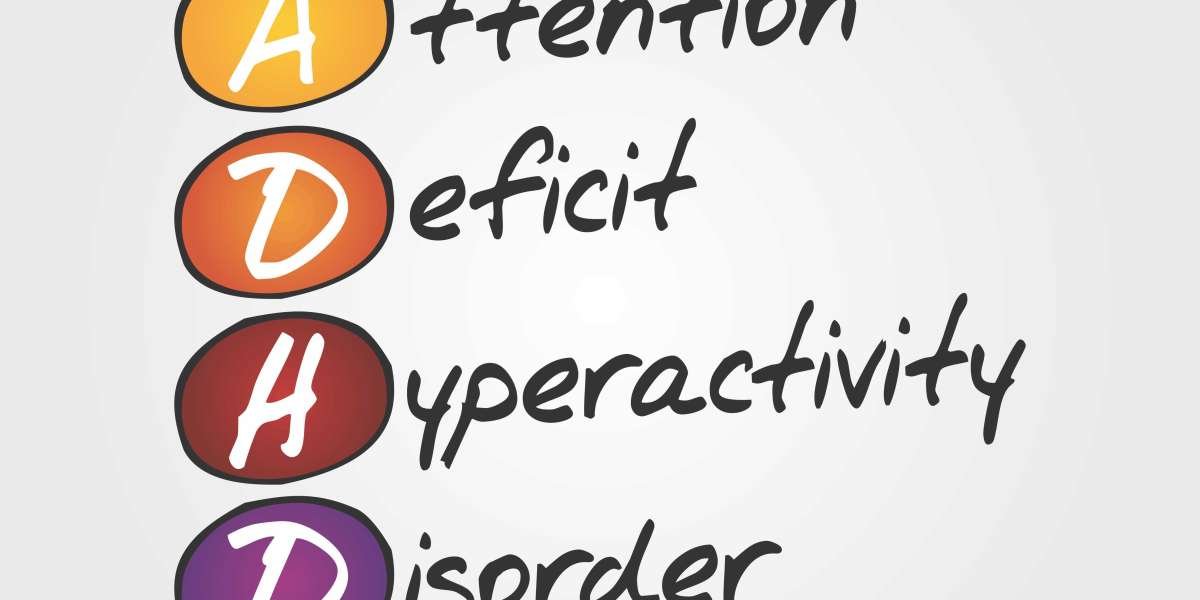Overview
Throughout their lifespan, people can be affected by Attention Deficit Hyperactivity Disorder (ADHD), a neurodevelopmental disorder that is widespread. Even while ADHD is common, there are still many misconceptions about it, which perpetuate stigma and make it difficult to comprehend the difficulties that people with the illness encounter. This in-depth essay seeks to help readers understand the complex world of ADHD by examining the wide range of symptoms, the diagnostic procedure, available treatments, and useful coping mechanisms. By revealing the facets of ADHD, we hope to raise awareness, dispel myths, and offer a complex viewpoint to people, families, and communities who are struggling with this complicated illness.
ADHD's Multidimensional Nature
Instead of being a diagnosis that suits all people, ADHD is a complicated web of symptoms that differ greatly from person to person. In order to better understand the complexities of ADHD symptoms, this section examines the three key areas of impulsivity, hyperactivity, and inattention. Knowing the many ways that ADHD manifests itself, from trouble focusing to impulsive decision-making, is essential to comprehending the complexity of the condition.
The Path of Diagnosis
The process of diagnosing ADHD entails a careful evaluation of numerous variables. This part guides the reader through the diagnostic procedure, which includes behavioral observations, clinical interviews, and the use of established rating scales. We addressed issues with overdiagnosis, underdiagnosis, and the requirement for cultural awareness while illuminating the difficulties and disagreements around the diagnosis of ADHD.
Comorbidities and Coexisting Conditions
ADHD rarely occurs by itself; it frequently coexists with other mental health issues. The common companions of ADHD, such as anxiety, depression, and learning difficulties, are examined in this section. In order to create complete treatment regimens that address the interrelated aspect of mental health, it is essential to comprehend the intricate web of coexisting diseases.
Alternatives to Medication for Treatment
Although pharmaceutical interventions are essential in the management of symptoms associated with ADHD, there are other forms of treatment as well. An extensive examination of the pharmacological landscape is given in this section, which also covers possible side effects, mechanisms of action, and the significance of a well-rounded approach. We also discuss behavioral and psychoeducational therapies, emphasizing the importance of an all-encompassing therapy strategy.
Behavioral Techniques: Strengthening Daily Life
Behavioral therapies are essential for providing people with ADHD with useful tools to deal with everyday obstacles. The evidence-based treatments included in this section include parent education, psychoeducation, and cognitive-behavioral therapy. Through targeting particular difficulties related to ADHD, these techniques enable people to improve their day-to-day functioning and general well-being.
Adapting one's lifestyle and coping strategies
Adapting one's lifestyle and developing coping techniques are essential for living with ADHD. This section covers a variety of coping tactics that are customized to meet the needs of each individual, ranging from mindfulness exercises to organizational techniques. We also explore the effects of lifestyle changes on maximizing general well-being, including exercise, sleep, and nutrition.
The Ripple Effect: The Effects of ADHD on Everyday Life
ADHD has an impact on many facets of everyday life, such as the social, professional, and academic spheres. The tactics for success in the workplace, in the classroom, and in interpersonal interactions are covered in this section. People with ADHD can overcome obstacles and create a positive ripple effect in their daily lives by identifying and utilizing their abilities.
Raising Awareness and Advocacy: Eliminating Stigmas
One of the biggest obstacles still facing people with ADHD is stigmatization, which fuels prejudice and misconceptions in society. In order to dispel stigma, this section tackles common fallacies, refutes cultural preconceptions, and highlights the significance of raising awareness. Our goal is to help create a welcoming environment that acknowledges and celebrates the variety of skills possessed by people with ADHD through our advocacy work.
In summary
In summary, ADHD is a complex disorder that necessitates a thorough comprehension and strategy. With the goal of demystifying ADHD and promoting empathy and understanding, this page will walk readers through the disorder's various symptoms, the diagnosing process, available treatments, and coping mechanisms. By means of sustained investigation, instruction, and promotion, we may jointly foster a society that enables people with ADHD to effectively confront life's obstacles with adaptability, self-assurance, and a feeling of inclusion.













